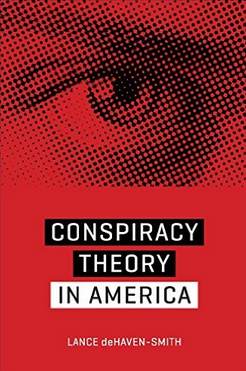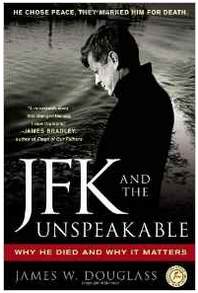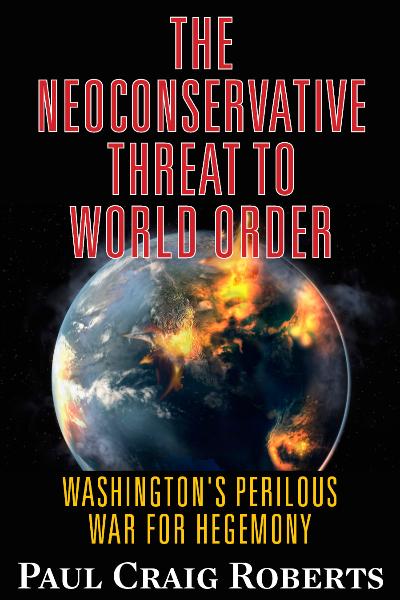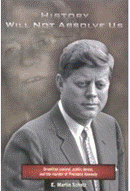The Conspiracy Theory [and Proof] of 20th-21st Century ‘Conspiracy Theory’
by Lance deHaven-Smith (University of Texas Press)
 This marvelous book is a deep, practical scholarly dissection of the origin and application of the term ‘conspiracy theory,’ particularly in America in the late 20th century. DeHaven-Smith is Professor in the Reubin O’D. Askew School of Public Administration and Policy at Florida State University and former president of the Florida Political Science Association; he’s written several books and appeared on numerous national mainstream-media news and talk shows, as well as Alex Jones’ Infowars and other alternative outlets.
This marvelous book is a deep, practical scholarly dissection of the origin and application of the term ‘conspiracy theory,’ particularly in America in the late 20th century. DeHaven-Smith is Professor in the Reubin O’D. Askew School of Public Administration and Policy at Florida State University and former president of the Florida Political Science Association; he’s written several books and appeared on numerous national mainstream-media news and talk shows, as well as Alex Jones’ Infowars and other alternative outlets.
This investigation goes straight to the heart of the problem of the coercive state and its sycophants in mainstream academia and media (academedia) who dismiss causal ex- planations of political events with the simple utterance, “Well, that’s only a conspiracy theory.” From the book description on Amazon:
From the book description on Amazon: Ever since the Warren Commission concluded that a lone gunman assassinated President John F. Kennedy, people who doubt that finding have been widely dismissed as conspiracy theorists, despite credible evidence that right-wing elements in the CIA, FBI, and Secret Service—and possibly even senior government officials, and/or the Israeli state—were also involved. Why has suspicion of criminal wrongdoing at the highest levels of government been rejected out-of-hand as paranoid thinking akin to superstition?
Conspiracy Theory in America investigates how the Founders’ hard-nosed realism about the likelihood of elite political misconduct—articulated in the Declaration of Independence—has been replaced by today’s blanket condemnation of conspiracy beliefs as ludicrous by definition. Lance deHaven-Smith reveals that the term “conspiracy theory” entered the American lexicon of political speech to deflect criticism of the Warren Commission and traces it back to a CIA propaganda campaign to discredit doubters of the commission’s report.
He asks tough questions and connects the dots among five decades’ worth of suspicious events, including the assassinations of John and Robert Kennedy, the attempted assassinations of George Wallace and Ronald Reagan, the crimes of Watergate, the Iran-Contra arms-for-hostages deal, the disputed presidential elections of 2000 and 2004, the major defense failure of 9/11, and the subsequent anthrax letter attacks. Continue reading



